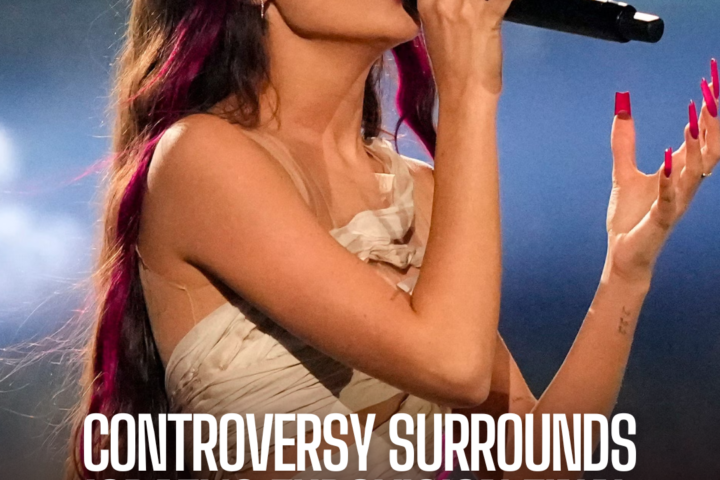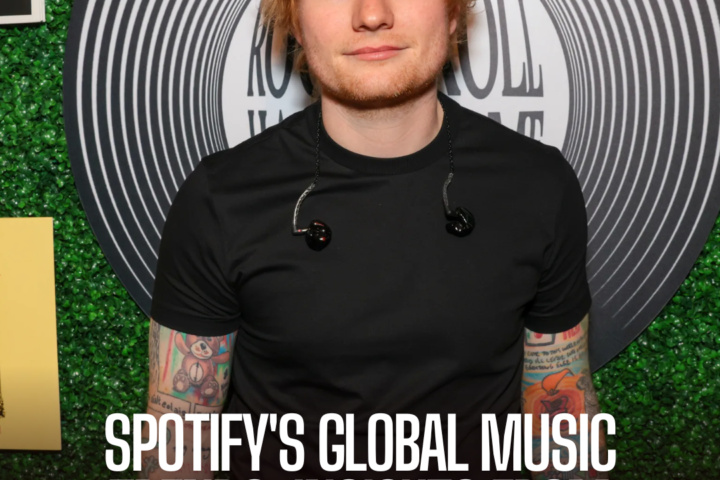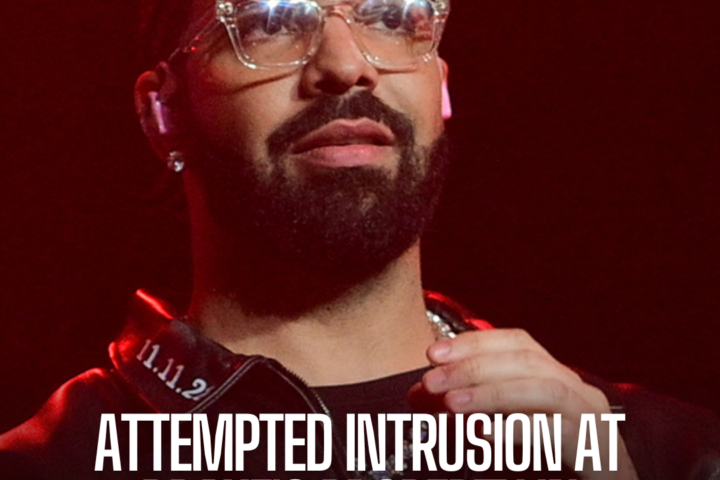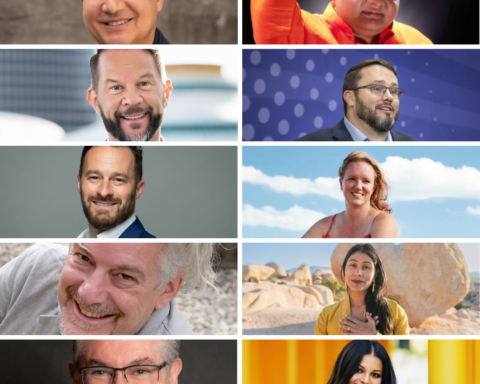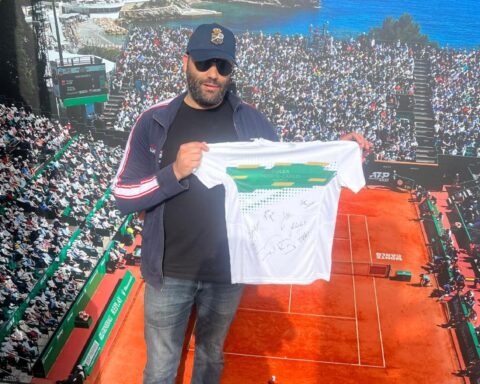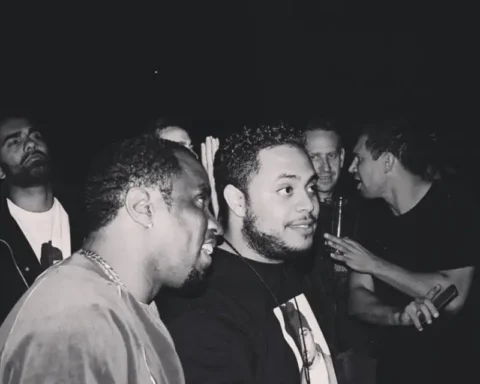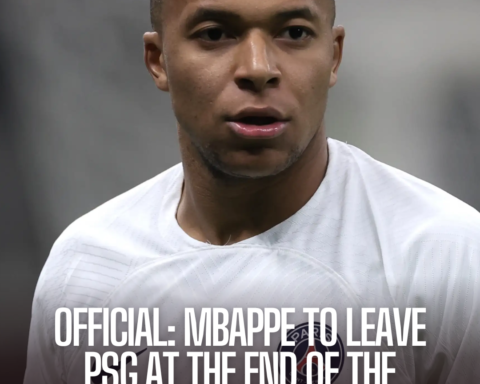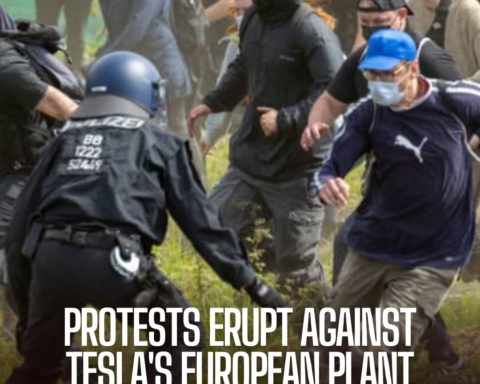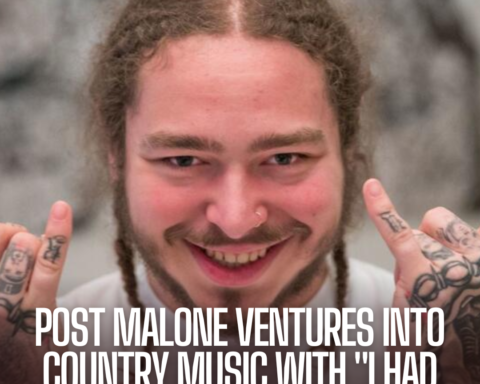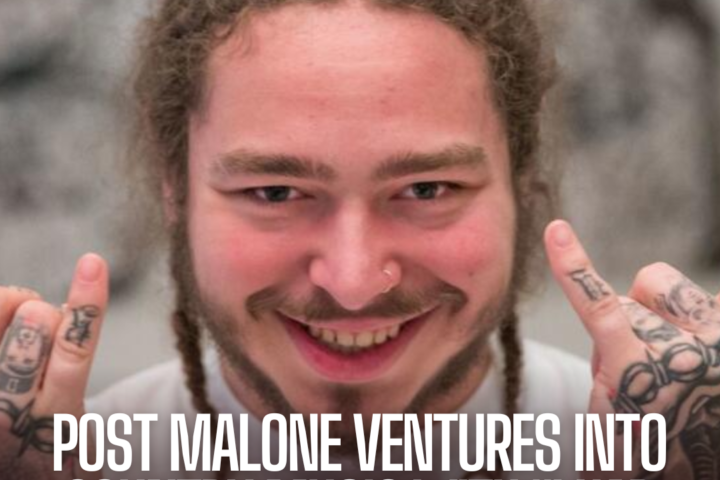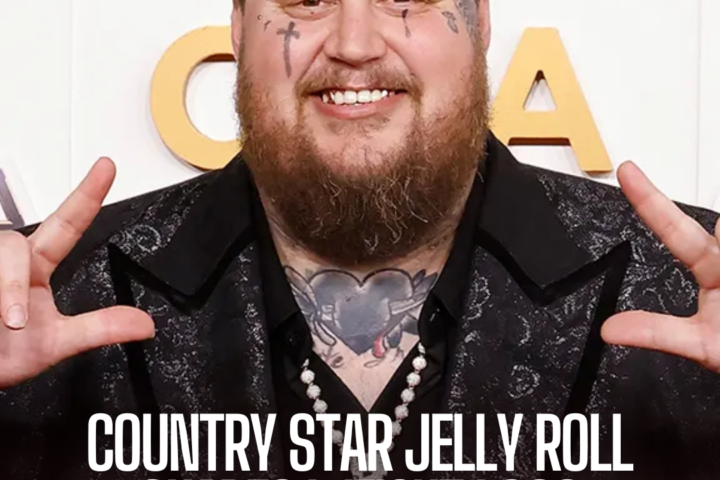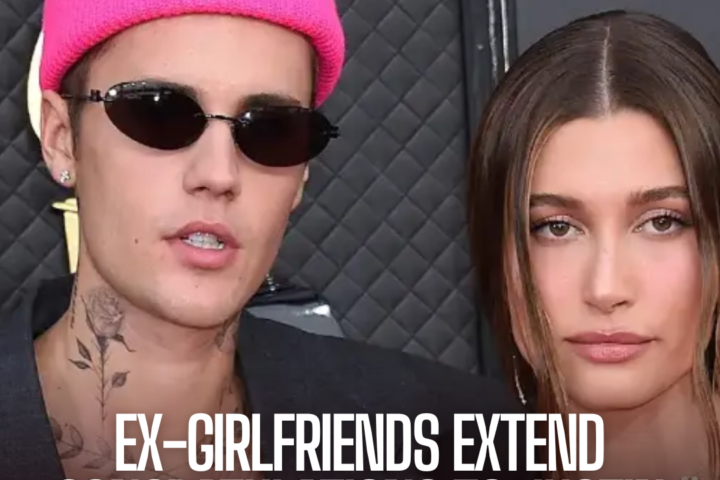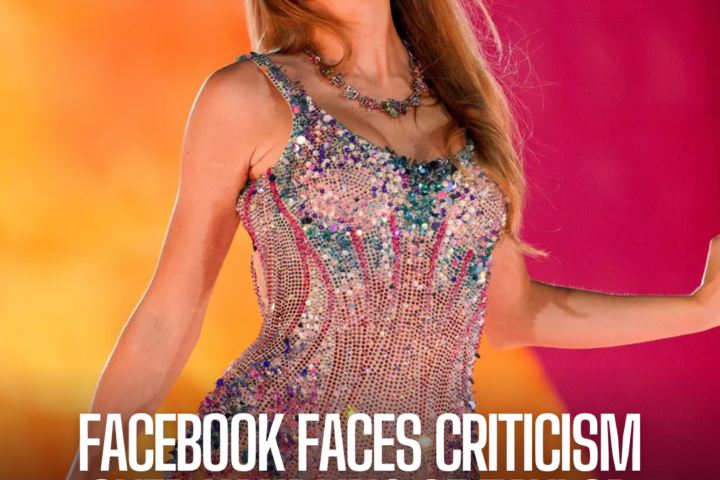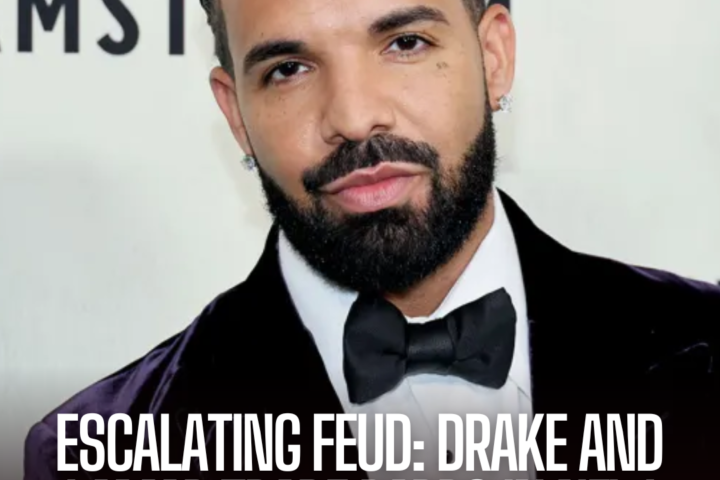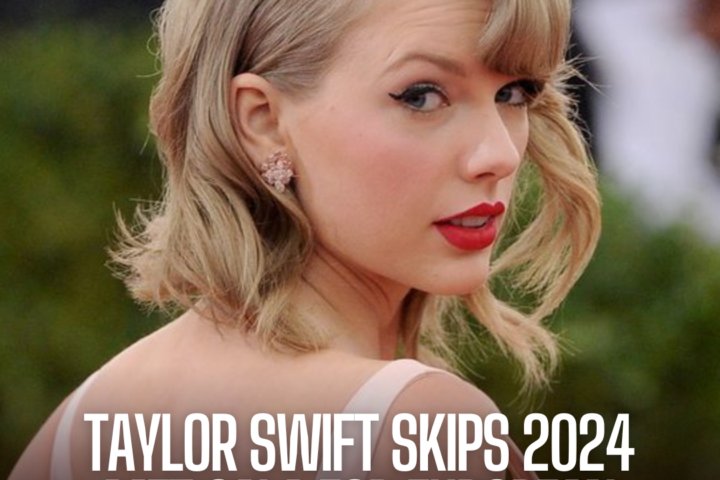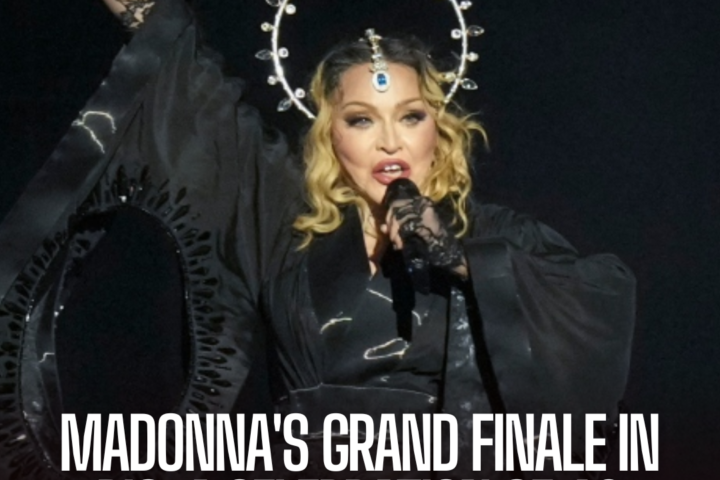A Drake song featuring an AI-generated version of Tupac Shakur’s voice has faded after the late rapper’s lawyers reportedly intimidated them to sue.
Introduction: Drake’s Controversial Taylor Made Freestyle
Last Friday, Canadian megastar Drake uploaded a track titled Taylor Made Freestyle, which featured AI-generated vocals mimicking iconic rappers Tupac Shakur and Snoop Dogg.
However, the release quickly became embroiled in controversy, as reports emerged on Wednesday that Tupac’s estate had ordered Drake to delete the track within 24 hours. The post containing the clip vanished from Drake’s @Champagnepapi account on Thursday evening, sparking speculation and legal debate.
Cease-and-Desist Letter and Legal Response
According to reports, Howard King, a lawyer for Tupac’s estate, sent a cease-and-desist letter to Drake on Tuesday, labeling Taylor Made Freestyle as a “flagrant violation” of the law and an “abuse” of Tupac’s legacy. The letter expressed the estate’s disappointment and warned of legal action if Drake failed to remove the track promptly.
Notably, Drake had previously objected to his own voice being cloned in a viral track, highlighting the complexities of AI-generated music and intellectual property rights.
Also read: Texas SandFest: where sand sculpting takes center stage
Back-and-Forth Diss Track Battle
Taylor Made Freestyle was not only a foray into AI-generated music but also the latest chapter in a diss track battle between Drake and rival Kendrick Lamar.
The AI-generated lines targeting Kendrick were reportedly mentioned in the legal letter, which praised Lamar’s respect for Tupac’s legacy.
In his verse on the track, Drake also referenced Taylor Swift and his recent album, adding layers of intrigue and controversy to the ongoing feud.
Conclusion: Legal and Ethical Considerations
Drake’s Taylor Made Freestyle has ignited discussions around the legal and ethical implications of AI-generated music, particularly when it involves iconic figures like Tupac Shakur.
The clash between artistic expression and intellectual property rights underscores the need for clear guidelines and respectful treatment of musical legacies. As the debate continues, the music industry grapples with the evolving landscape of creativity and technology.


